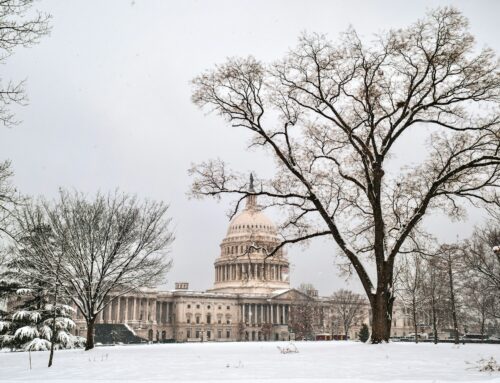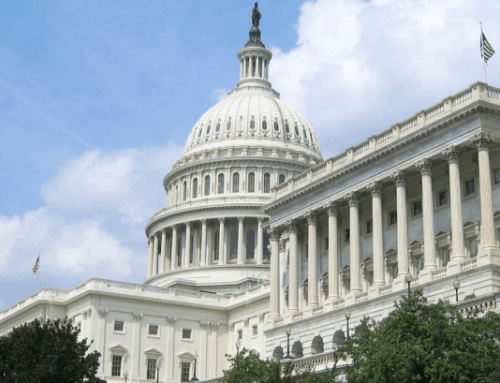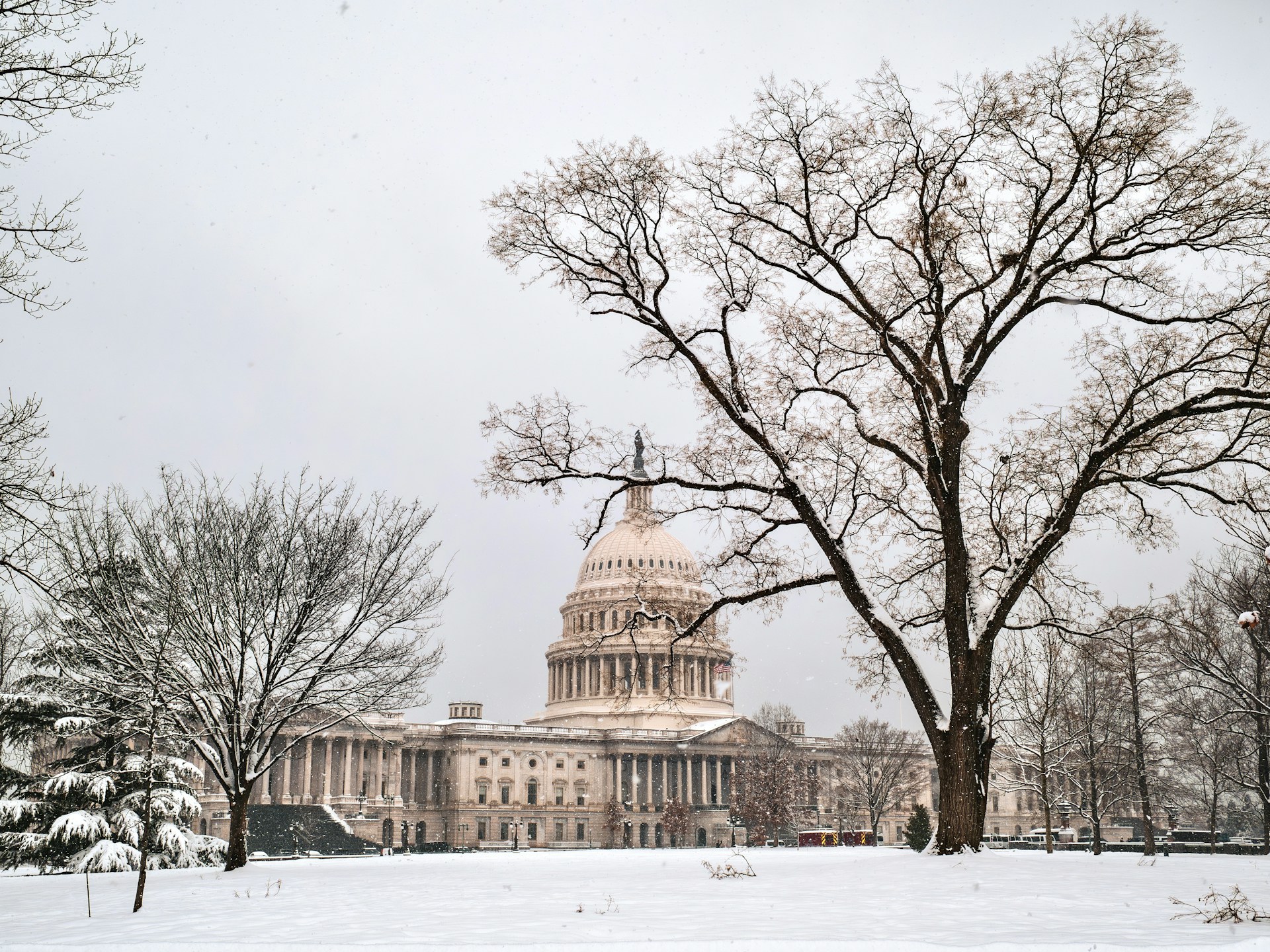After a marathon markup, the House Ways and Means Committee wrapped up its portion of the budget reconciliation package. Despite the sturm und drang and dozens of amendments, not a single letter or figure in the 389-page bill was changed. In other words, it still adds nearly $4 trillion to the national debt over the next decade—and that’s before any additional changes are made to push the package through a floor vote.
That price tag also assumes that several key provisions, currently written to expire within the ten-year budget window, actually do expire. These include not only tax breaks former President Trump promised on the campaign trail—on tips, overtime, car loan interest, and senior income—but also business breaks like bonus depreciation and full expensing for research and development. All told, the package could get a lot more complicated—and a lot more expensive—as Republican leadership works to placate holdouts.
Once all the committees tasked with reconciliation instructions report to the Budget Committee, the “Big, Beautiful Bill” (BBB) will move to the Rules Committee. That’s when the real horse-trading begins, as rank-and-file members of the Republican Conference push to make their mark—likely adding to the overall cost. Then it’s on to the Senate, which, as evidenced by the Budget Resolution that launched this process, has a very different vision for the package—and it’s not one that prioritizes reducing the debt or protecting taxpayers.










